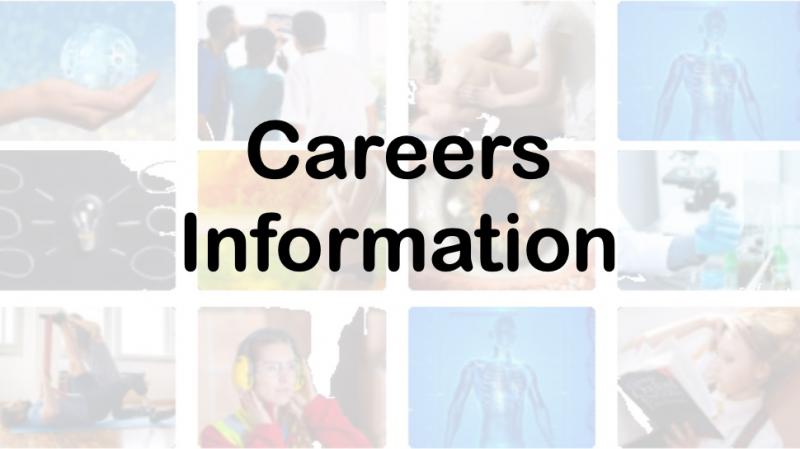
Access to Physiotherapy students may find they need strong IT skills when they enter the profession. Physiotherapy is often considered hands-on, but the Covid-19 pandemic has meant adapting to new ways of working for many professionals in the field. But can quality physiotherapy care be delivered remotely?
Yes, according to The Journal of Physiotherapy (the official journal of the Australian Physiotherapy Association), which has announced its paper of the year: An international core capability framework for physiotherapists to deliver quality care via videoconferencing: a Delphi study.
Luke Davies, one of the authors of the paper, said the development of telehealth, in response to the COVID-19 pandemic, had highlighted a need for physiotherapists to receive additional guidance and training to enable them to adapt to new service delivery models, such as videoconferencing.
Luke said: “It became clear that no specific frameworks existed to help physiotherapists gain the knowledge, confidence, and abilities necessary to deliver care via videoconferencing. Therefore, we decided to develop a framework that provided this guidance and could be used in a range of clinical settings internationally.
“Our framework provides an opportunity to inform the development of physiotherapy curricula in the delivery of telehealth. It provides assessment strategies and learning outcomes to better prepare graduates in tertiary education settings, and to upskill practising physiotherapists through continuing education courses.
“Although designed for physiotherapists, our framework provides a foundation and has the potential to be adapted to suit the needs of other allied health professions. A challenge that applies to all research is ensuring that the research is implemented into practice, rather than just being a journal article read by a few.
“We developed resources for clinicians, including an overview of how the framework was developed, the framework itself, and a self-appraisal checklist to evaluate their confidence in each capability. We also developed user-friendly infographics for wide dissemination on social media, and to international organisations, in order to raise awareness of the framework and clinician resource.”
Luke said the paper had been well received by a number of physiotherapy associations, including those in Bangladesh, Mexico, New Zealand, Singapore, Spain, Sweden, and Taiwan. He said these associations have made the framework available to their members as best practice guidelines when delivering care via videoconferencing. The framework has also been used in universities in Australia and Canada to evaluate telehealth curriculum, and develop exit competencies and learning outcomes for telerehabilitation education. The framework has also received endorsement from the International Society for Telemedicine & eHealth.
“Our aim was to make the framework internationally applicable. We had a diverse range of experts participate in the study, including those from lower-middle income countries such as Bhutan, Nepal, the Philippines, and Zimbabwe; upper-middle income countries such as China, Paraguay, and Suriname; and high-income countries such as Australia, Canada, the UK, and the US.”
He said the team was now investigating the self-reported confidence of final year physiotherapy students and recent graduates, against the videoconferencing framework, to help identify what areas or capabilities may require additional support or training to ensure educational programmes can develop physiotherapists skilled in providing care in a digital environment.
The authors of the paper are Luke Davies, Rana Hinman, Trevor Russell, Belinda Lawford, Kim Bennell and the International Videoconferencing Steering Group.
For more information about our Access in Health Professions (Physiotherapy) please click HERE
|
|

|


